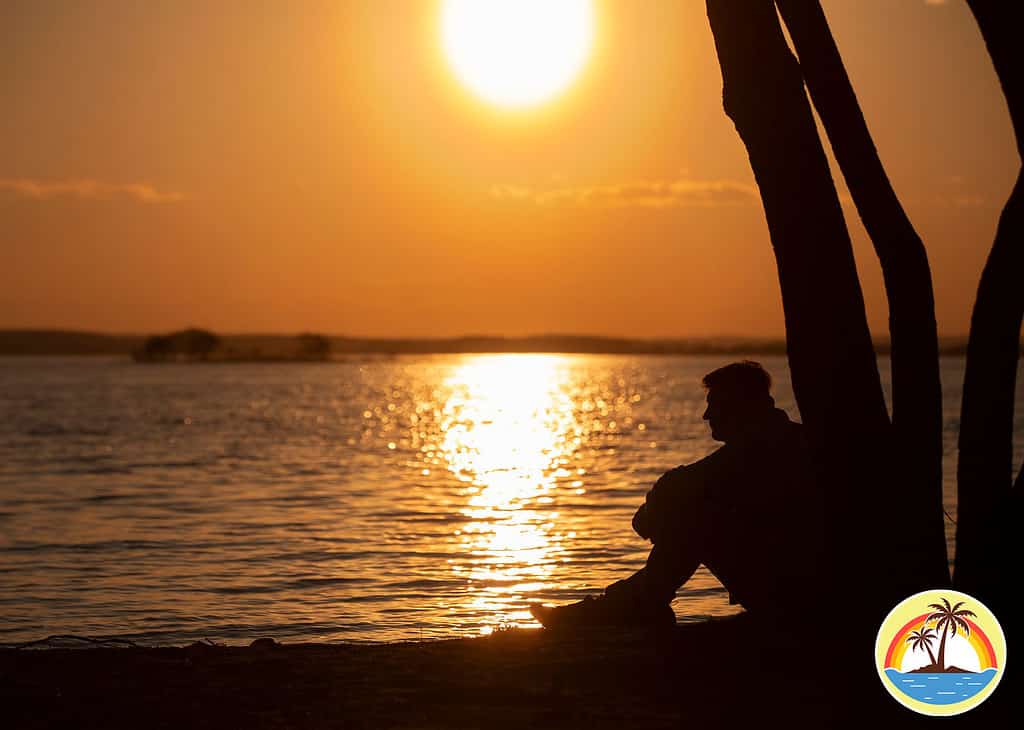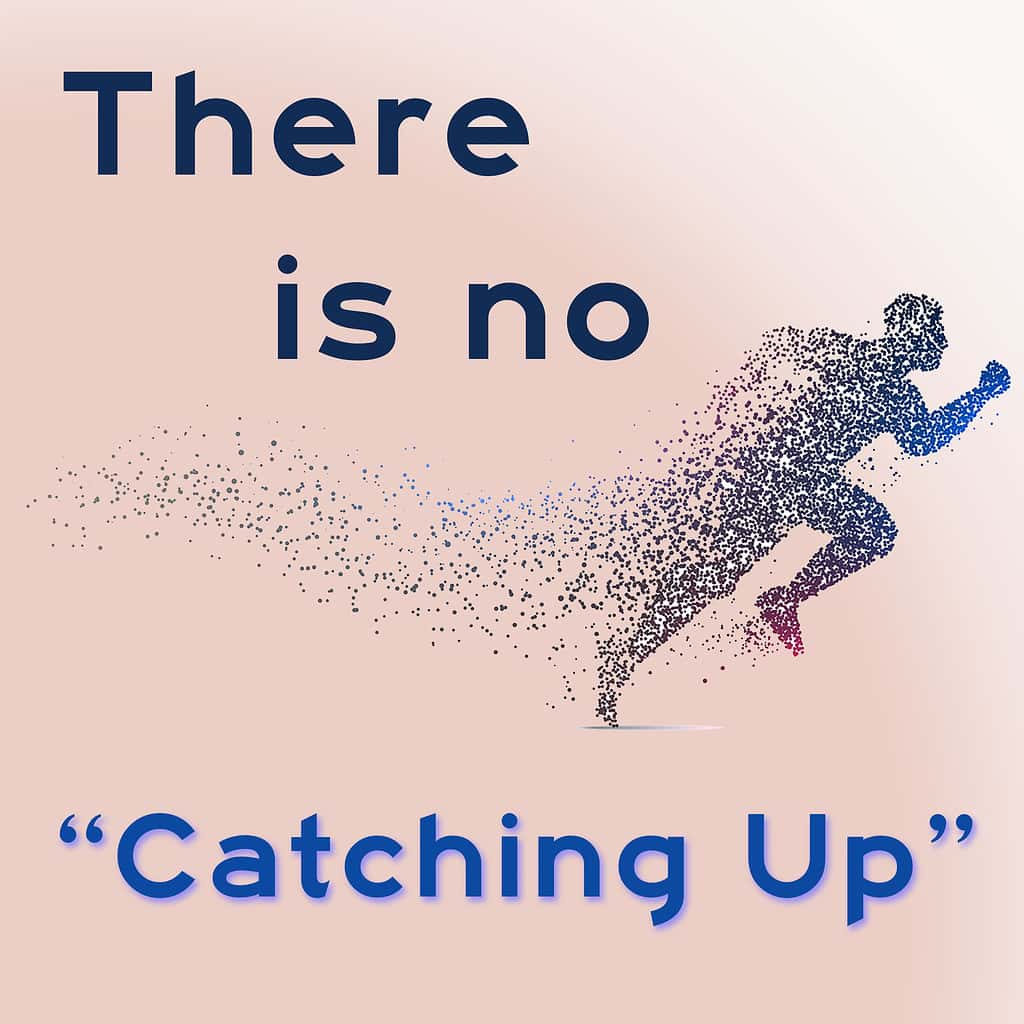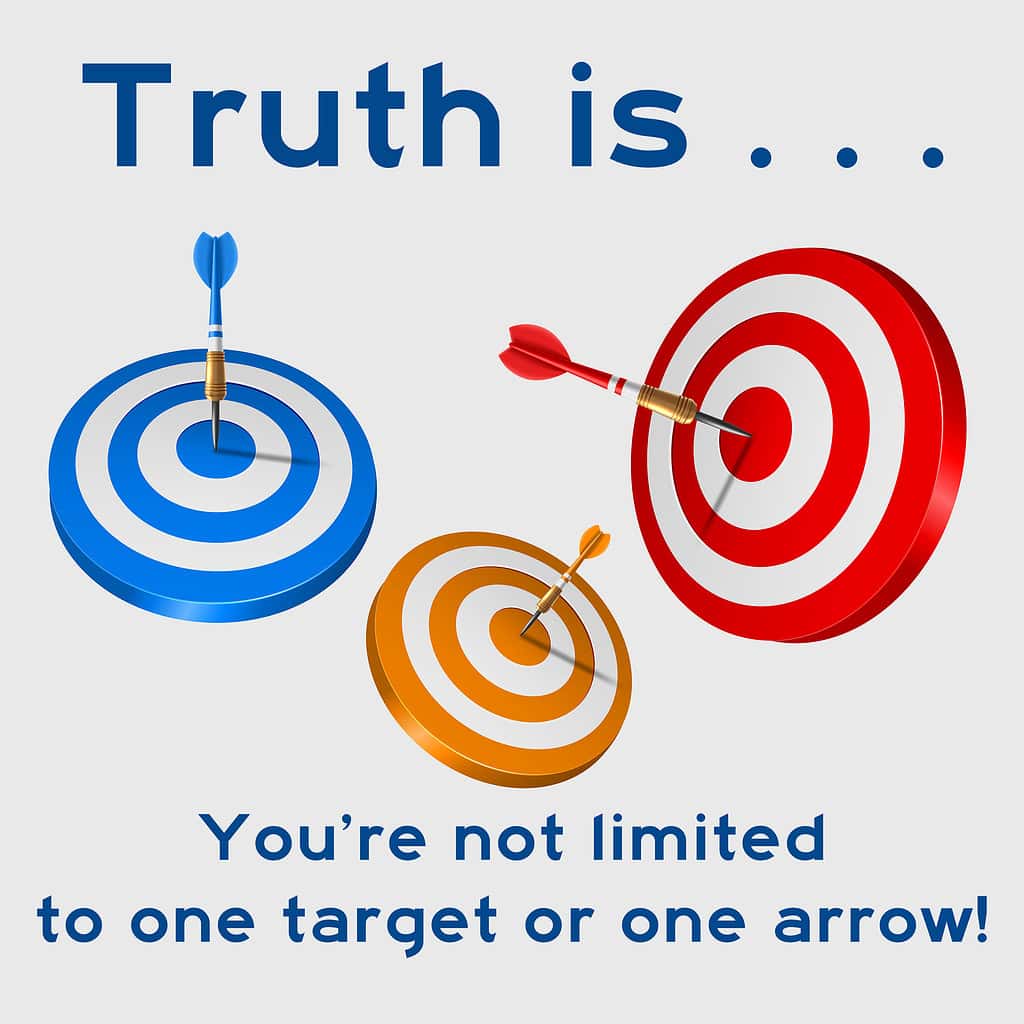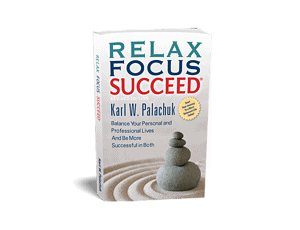In the Monty Python movie The Holy Grail, King Arthur’s men do not use the terms “charge” and “retreat.” Instead they use “charge” and “Run away! Run away!” So, when I tell my friends I’m going on my annual retreat, they always say “Run away! Run away!”
Part of me wants to say that I’m not running away. But the truth is, I am. As a part of modern society, a piece of me feels a little guilty about “abandoning” my family, friends and work and all the chores that need to be done around the house. This is particularly acute since my retreat comes in the early part of December. I’m also abandoning putting up lights, shopping for gifts and holiday parties. However, perspective helps (as it always does).
Sometimes we need to “run away” from everything. To retreat is to withdraw, to enter seclusion. Is the holiday season a bad time for a retreat? Maybe. But when is it a good time? Maybe the holiday season is the perfect time to step back, take time for yourself and plan for the next year.
There are many benefits to be gained from a retreat. The most obvious are Rest and Relaxation. On the most recent retreat I attended, the leader asked people as they were gathering together whether they’d taken time for a nap. “What’s the point of going on retreat,” he asked, “if you’re not going to take a nap?”
Many people find that it takes time–twelve hours or more–to quiet themselves and leave the world outside, and to focus on being away from it all. And then the end comes too quickly. We are a society completely deprived of quiet time and solitude. Going on a retreat forces solitude upon you and then you become hungry for it. With luck, you incorporate quiet time into your life.
Retreats are also a time for thinking and planning and goal-setting. Who am I? What’s my purpose here on Earth? What do I want to do? How do I get there from here? Focusing is very difficult without time to relax. On a retreat you will have time to think; time to straighten out problems; time to plan for the future; time to put thing in perspective.
And perhaps time to respond to a subtle call from God.
There are many kinds of retreats. The first step in finding a retreat that’s right for you is to consider
What’s your goal? What kind of retreat are you looking for?
| Couple focused | |
| Educational | |
| Health/Fitness | |
| Meditation | |
| Men- or Women-focused | |
| Personal Development | |
| Re-energizing | |
| Relaxing | |
| Religious | |
| Renewal | |
| Yoga (spiritual or exercise) | |
| Other? |
Once you begin considering what you want from a retreat, you can start looking for one that’s right for you. How do you find one? Most retreats have some religious or spiritual component, so the first place to look is at the office, at your church, synagogue, or temple. There may be flyers or advertisements on a bulletin board, or someone may know who to call.
You can also search on the Internet. If you put the words “retreat” and your city/county in a search engine, you’re likely to come up with something. A few sites that can help you find retreats almost anywhere are:
| www.retreatfinder.com | |
| www.findthedevine.com | |
| www.passionist.org |
Just remember that these are NOT comprehensive listings. Almost every county in America has many retreat opportunities. You just have to look.
Can you create your own personal retreat of one? Of course. As you might imagine, I encourage this. But it is best to go on a guided retreat (especially a silent one) before you create your own personal retreat. They will provide you with hints and tips, and probably some good readings, that will help you see the full benefits of a retreat.
Then you can “run away” whenever you need to.







